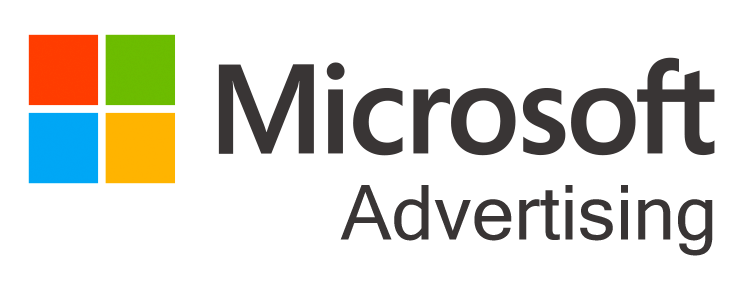Which deserves the credit for your online conversions: Your AdWords campaign? Facebook ads? The pen with your URL on it?
I used to feel sorry for branding marketers. They do all this beautiful work yet there’s no way to definitively prove it leads to any conversions. (Note– we are calling leads and sales conversions.)
Meanwhile, in my digital wheelhouse, I would smugly think, “Well, I can prove that our campaigns deliver. Analytics, Baby! Look at these purty conversions!
So simple. The users searched on these keywords, clicked on that ad, landed on this landing page and bought that sparkly gizmo. Woohoo. Right?
Except…
What if the user saw the really cool Facebook ad for the gizmo first on their phone? And then on their home laptop clicked on a cute YouTube video with a cat playing with the gizmo? And then when they were on their work computer thought, I gotta have the cute gizmo and THEN finally searched for it, saw the AdWords ad, and then bought it? Hmm. The AdWords campaign gets all the credit (attribution) but does it deserve it? Should it get 50%? 33%? Arrgh. Wasn’t digital supposed to figure out this out?
Attribution Hell
Most people need to be exposed to a message several times before they actually make a purchase. So which message on which platform gets the credit? The first one? The last one? (which usually gets the digital lion’s share) Yes, paid search can show results and measure something but … attribution is a tricky thing. And there is no universal agreement on it. Would people be searching without great branding? Without that viral video? Without the word of mouth? If not, how do you measure it? Do you slice up the credit? Grr not so simple.
Which campaign triggered the sale?

Organic search sometimes looks better than it is
While it’s hard to determine exactly what triggers a conversion, there is one factor that benefits from this uncertainty: Organic search. And chunk of this credit is undeserved. Why? Well, it’s usually the last action before the user convert. Because in order to search for a brand name, you need to know the brand or something about it. So users often are exposed to other messages before finally going – OK, I’ll check out that baby. Not knowing the URL, they most likely go search for the name or something related to it. So while other messaging (e.g Facebook ads, display branding, a great blog post) did a chunk of the upfront work – organic search ends up all the credit. Not really fair.
So, what’s the solution?
- Know where you stand right now. Part of getting good data on campaigns is to know where you are BEFORE a campaigns start. And then ideally you can monitor the increase in conversions (sales, calls, leads) with each new campaign you add. We have seen clients, however, that have no Google analytics in place, no goals, no nothin’. If your online marketing is flying blind, now is the time to set up your Analytics and goals before launching anything so you have a baseline.
- If possible, add one type of campaign at a time. By introducing only one campaign at a time, it’s easier and cleaner to see what effect that is having on things like traffic to the site, interactions, and conversions.
- Start with an awareness campaign first if it’s a new product/service. By doing something that promotes awareness (like a Facebook campaign), you’re initially reaching a lot more potential customers instead of only the ones informed enough to know what to search for. Our agency ran only a Facebook campaign for a client that was introducing a new product so we knew the increased conversions coming from other sources (like organic search) were from the Facebook campaign or word of mouth.
- Track each campaign as accurately/closely as possible. Are you tracking all types of conversions from that campaign including all phone calls? (services like Call Tracking Metrics make this incredibly easy). Track as many metrics as possible and look for trends.
- Monitor changes/trends as you add other campaigns. Did you notice a big uptick on overall conversions once you added Facebook campaign? While correlation isn’t causation – keep tabs on what happens as interactions of Facebook continue to ramp up. Those engagements may indirectly be boosting your conversions on your organic search or directly going to the website.
Until we have embedded brain chips, there can’t be 100% accurate attribution
Will doing all of this determine exactly how much credit each campaign deserves for driving sales? Until we get little chips embedded in our brains relaying information to the Analytics of the Future, that won’t be possible. But in the meantime, you’ll get a lot more insight into what is working than simply crossing your fingers and hoping those give away pens with your URL on them are doing the job.


